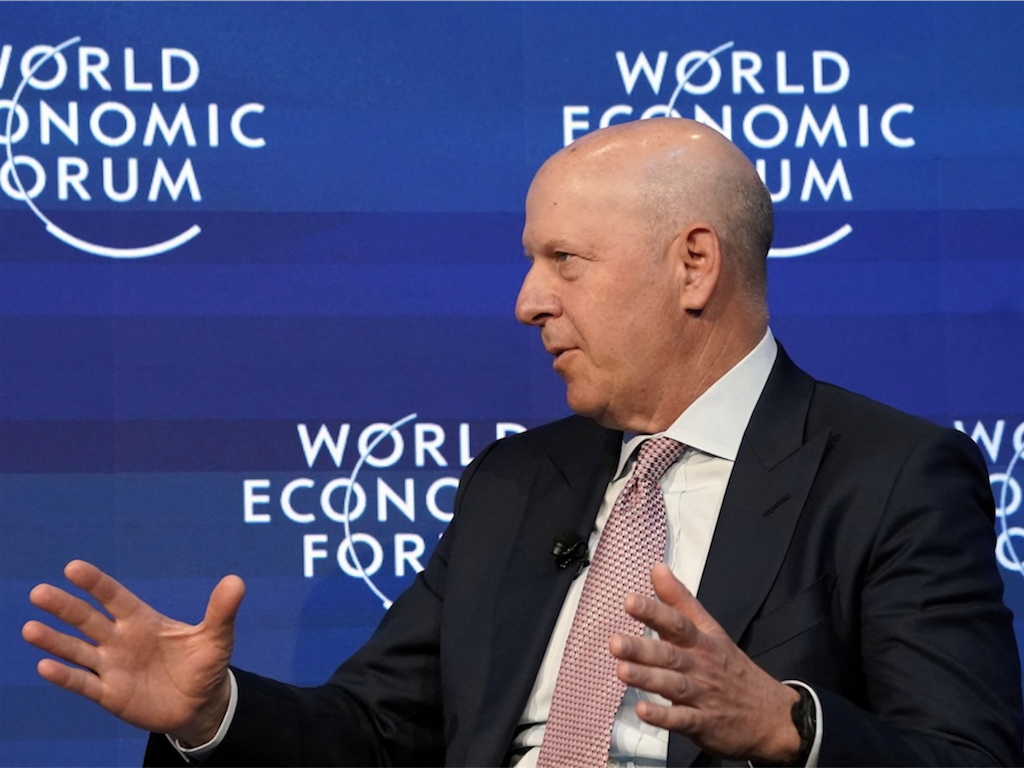3 Mins Read
In a new report released by global consultancy McKinsey, analysts examined the business case for diversity across all economic sectors. It finds that the profitability remains a robust reason for companies to prioritise diversity, equity and inclusion (DEI), and says that firms must put this at the forefront of their business strategy as the world begins its recovery from the coronavirus pandemic. Additionally, McKinsey analysts say that greater attention needs to be paid to inclusion, even if companies can be considered relatively diverse.
The latest report from consulting giant McKinsey titled Diversity Wins: How inclusion matters shows that diversity in companies generate more profitability, and higher diversity in executive teams strengthens the likelihood of financial outperformance over time.
Companies with over 30% women executives, for instance, were more likely to perform companies with a smaller percentage. A significant difference of likelihood of outperformance was recorded – 48% – which separated the most gender-diverse from least gender-diverse companies.
These findings were based on McKinsey’s largest data set so far, spanning 1,000 major companies across 15 countries globally.
Read: How gender inequality is pervasive in food tech as all tech
In addition to the robust business case for improving diversity, McKinsey analysts said that inclusion matters. Conducting a “social listening” analysis of employee sentiment via online reviews, the report says that even diverse companies continue to face challenges when it comes to creating a work environment with inclusive leadership, managerial accountability, equality and fairness of opportunity and freedom from bias.

While the majority of the research was conducted before the coronavirus pandemic hit, the report notes that “companies that already see inclusion and diversity as a strength are likely to leverage it to bounce back quicker and they will use this time to seek new opportunities to boost representation and inclusion to strengthen performance and organizational health.”
Companies must therefore prioritise inclusion and diversity when planning their business strategies for the post-pandemic world. Earlier this week, over 155 of the world’s biggest multinationals agreed that environmental, social and governance (ESG) factors were more important than ever before, and urged governments to rapidly transition to a zero-carbon economy to prevent future shocks from the climate crisis.
Read: We can’t solve climate change without empowering women
In February, Goldman Sachs made headlines globally when it announced a diversity rule stipulating that the bank will no longer take companies public unless they have at least one “diverse” board member.

The move was quickly praised by commentators, who remarked that if other companies decided to follow the lead, it would create positive reverberations for efforts to improve equality in business.
However, in an official follow-up statement issued by the bank, the initiative will not be extended to the boards of companies looking to go public in Asia, a region that is particularly lagging behind in awareness and action on corporate diversity.
McKinsey’s report concluded that across all economic sectors, businesses must now take bold steps to strengthen inclusion. Based on the best practices observed during research, the report highlights that ensuring representation of diverse talent, strengthening leadership accountability for diversity, enabling equality of opportunity through fairness and transparency, promoting openness and building a culture of multivariate diversity are the key goals that companies should strive to achieve.
Lead image courtesy of Freepik.




